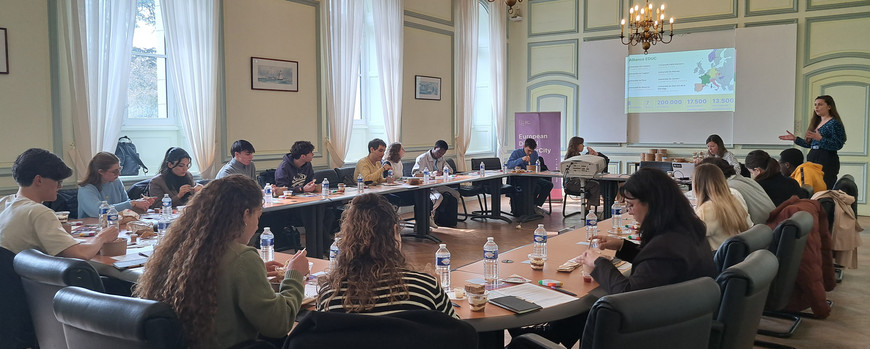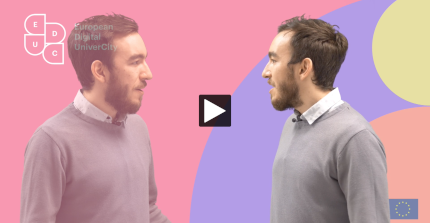This depends on your individual study regulations (‘Studien- und Prüfungsordnung’) at the University of Potsdam and must be clarified with the examination board of your subject.
In principle, the recognition process is analogous to that of regular semesters abroad or corona-related online semesters abroad according to the guidelines for recognition or internal faculty or institute regulations.
It is advisable to conclude a Learning Agreement before starting the course in order to clarify the recognition with the local examination board in advance. An EDUC template for a Learning Agreement does not yet exist, which is why the general template of the International Office linked on the following page can be used.
After successful completion of the course, the university offering the course also issues an EDUC certificate or Transcript of Records, which lists the ECTS and confirms the achievement. Whether the university offering the course issues this and to what extent can be looked up in the course description in the EDUC course catalogue and, if necessary, clarified with the university offering the course.
Tip: If the chosen courses are from different subject areas, it is advisable to list the courses in separate Learning Agreements, as only one examination board can sign each.


